Hypercoagulability In Nephrotic Syndrome
Hypercoagulability in nephrotic syndrome. Several defects of the plasmatic coagulation system fibrinolysis and platelet function had been recognized in the nephrotic syndrome. Conventional anticoagulants such as warfarin have been the standard of care for more than 50 years. Patients with nephrotic syndrome are at increased risk for thromboembolic events such as deep.
Free protein S and antithrombin III compensated by increased levels of alpha 2-macroglobulin. Thrombophilia or hypercoagulability is a greater predisposition for the formation of blood clots that is caused by a decrease in the levels of antithrombin III in the blood due to its loss in urine. Arterial thromboses eg limb and cerebral also occur with higher frequency than in the general population 4-7.
This study explored the effectiveness of urokinase and low-molecular-weight LMW. This thrombophilic phenomenon has been attributed to a hypercoagulable state in which an imbalance between naturally occurring pro-coagulantpro-thrombotic factors and anti-coagulantantithrombotic factors promotes in. Hypercoagulability in MN patients involves the whole thrombotic processes acceleration activated intrinsic pathway fibrinogen platelet function and fibrin-platelet interaction whereas hypercoagulable state in MCD patients may be that the coagulation factors are not fully activated.
This topic will review the epidemiology and pathogenesis of hypercoagulability in the nephrotic syndrome and the prevention of thromboembolism in patients with nephrotic syndrome. 13 rows The linear regression analysis for hypercoagulability in MN patients showed that hypoalbuminemia. After infections thromboembolism is considered by many experts to be the most significant life-threatening complication of nephrotic syndrome.
When renal vein thrombosis occurs it is probably another manifestation of the hypercoagulable state more often than a de novo cause of nephrotic syndrome. Increased hepatic synthesis causes a rise of coagulation factors I II VII VIII X and increased renal loss causes lowering of the plasma concentration of antithrombin III concentration. Overviews of the nephrotic syndrome and causes of venous thrombosis as well as the treatment of venous thrombosis.
Nephrotic syndrome NS is associated with several disorders of hemostasis. 1011 It is known that there is a major biochemical imbalance between. The predisposition to a hypercoagulable state in nephrotic syndrome results from the urinary loss of clotting inhibitors such as antithrombin III and plasminogen.
Lipiduria or loss of lipids in the urine is indicative of glomerular pathology due to an increase in the filtration of lipoproteins. Children 28 are less likely than adults 267 with nephrotic syndrome to develop.
Hypercoagulability in the Nephrotic syndrome.
Increased thromboembolic risk is a well recognized complication of nephrotic syndrome with variable reported incidence of deep venous thrombosis approximately 15 pulmonary embolus 1030 and renal vein thrombosis 2537 1. Arterial thromboses eg limb and cerebral also occur with higher frequency than in the general population 4-7. 13 rows The linear regression analysis for hypercoagulability in MN patients showed that hypoalbuminemia. Several defects of the plasmatic coagulation system fibrinolysis and platelet function had been recognized in the nephrotic syndrome. Decreased plasma levels of natural anticoagulants. Patients with nephrotic syndrome are at increased risk for thromboembolic events such as deep. Hypercoagulability is a common complication in children with nephrotic syndrome and may cause venous thrombosis. Hypercoagulability in MN patients involves the whole thrombotic processes acceleration activated intrinsic pathway fibrinogen platelet function and fibrin-platelet interaction whereas hypercoagulable state in MCD patients may be that the coagulation factors are not fully activated. After infections thromboembolism is considered by many experts to be the most significant life-threatening complication of nephrotic syndrome.
After infections thromboembolism is considered by many experts to be the most significant life-threatening complication of nephrotic syndrome. Thrombophilia or hypercoagulability is a greater predisposition for the formation of blood clots that is caused by a decrease in the levels of antithrombin III in the blood due to its loss in urine. 1011 It is known that there is a major biochemical imbalance between. 13 rows The linear regression analysis for hypercoagulability in MN patients showed that hypoalbuminemia. Overviews of the nephrotic syndrome and causes of venous thrombosis as well as the treatment of venous thrombosis. Arterial thromboses eg limb and cerebral also occur with higher frequency than in the general population 4-7. Increased hepatic synthesis causes a rise of coagulation factors I II VII VIII X and increased renal loss causes lowering of the plasma concentration of antithrombin III concentration.







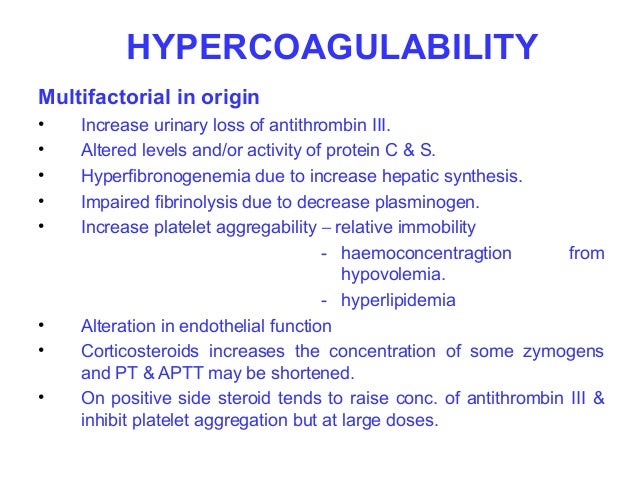
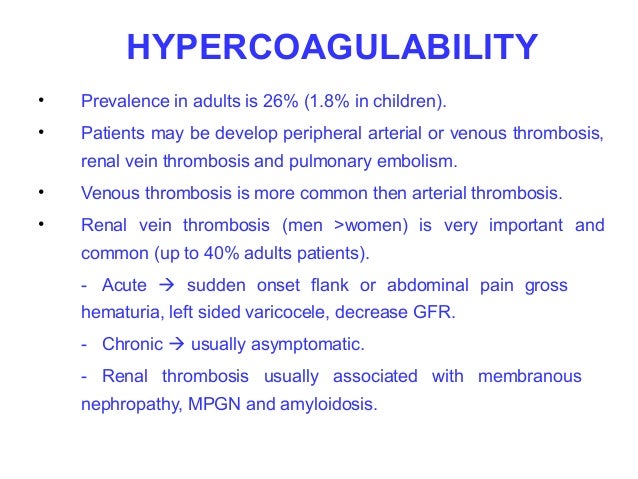



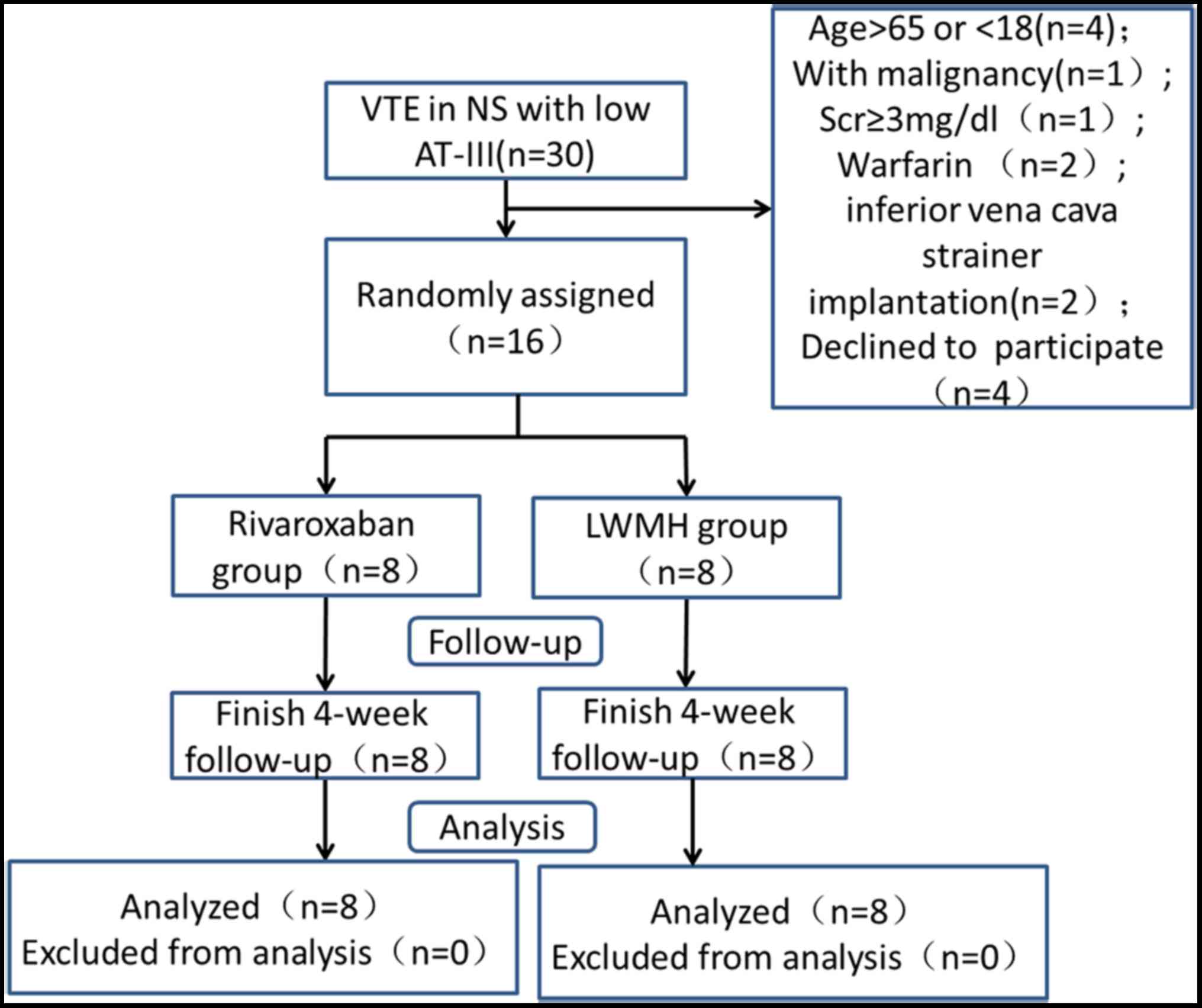


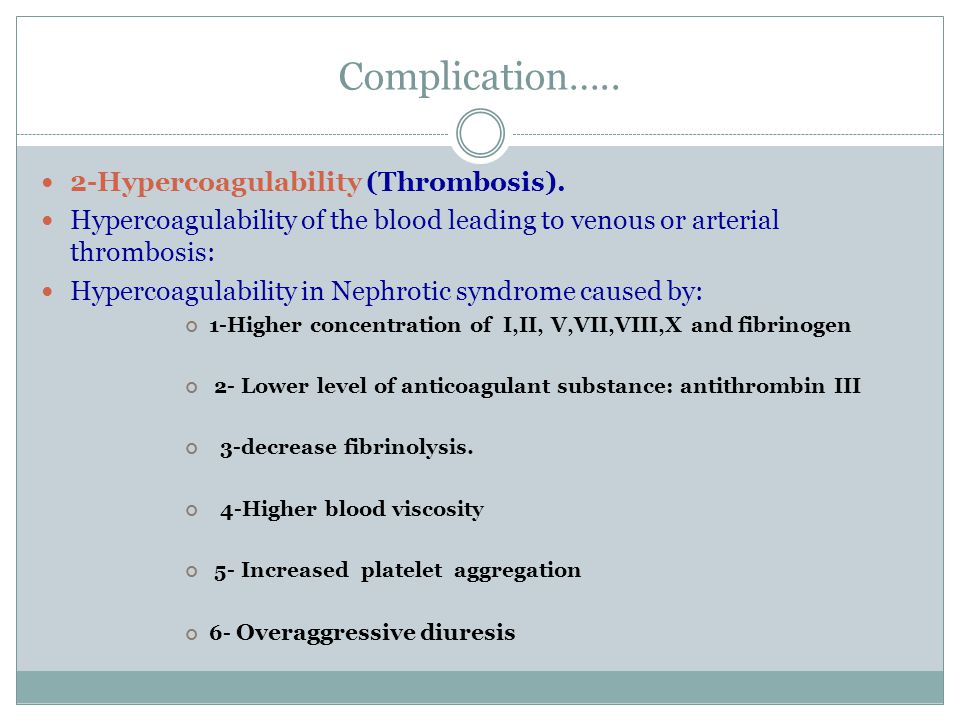
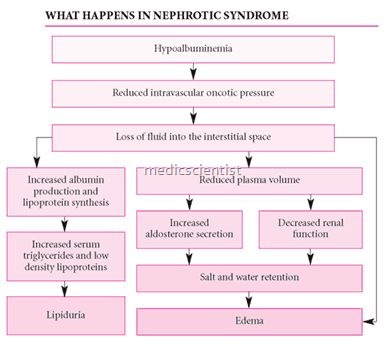

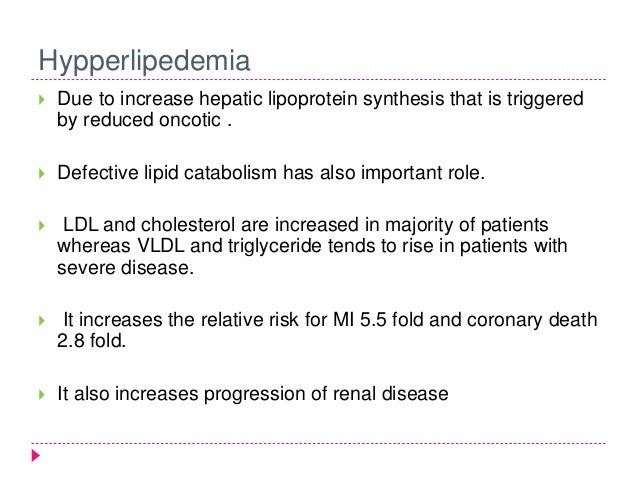




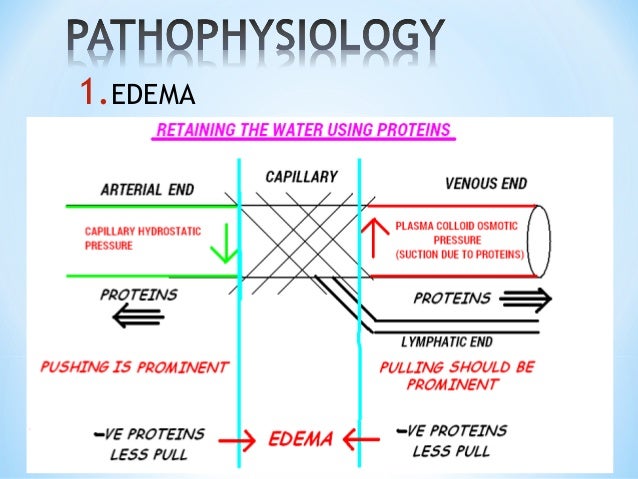

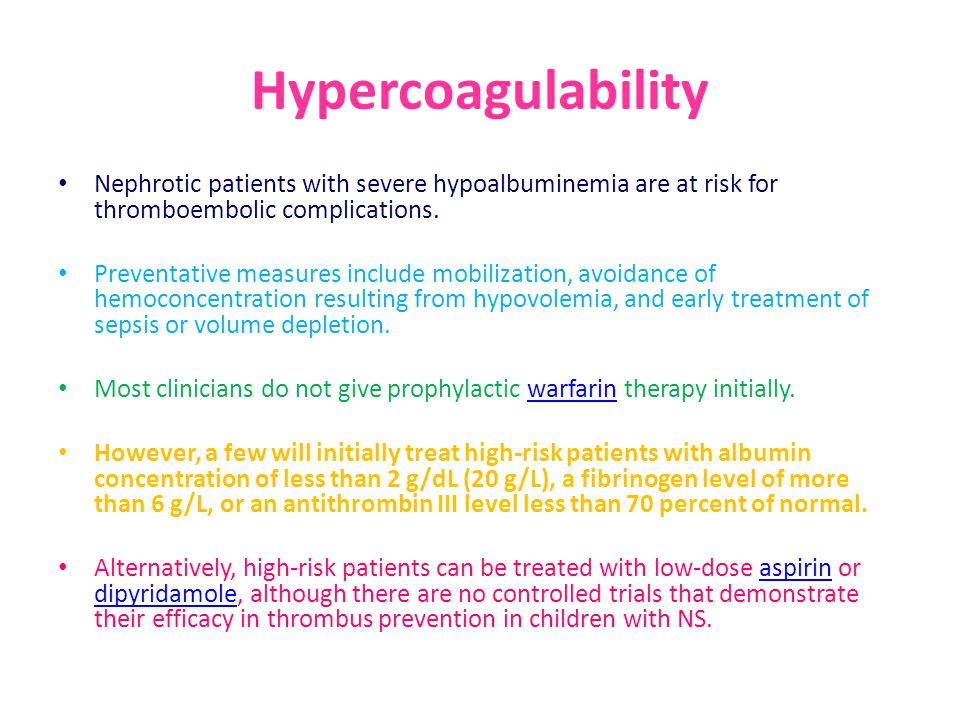





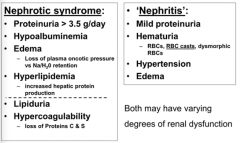
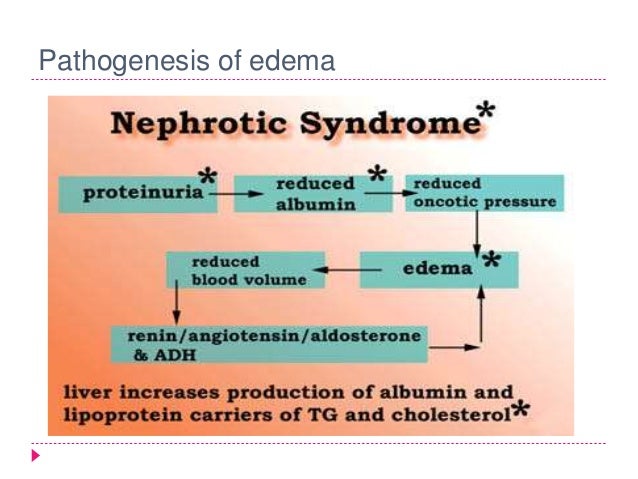




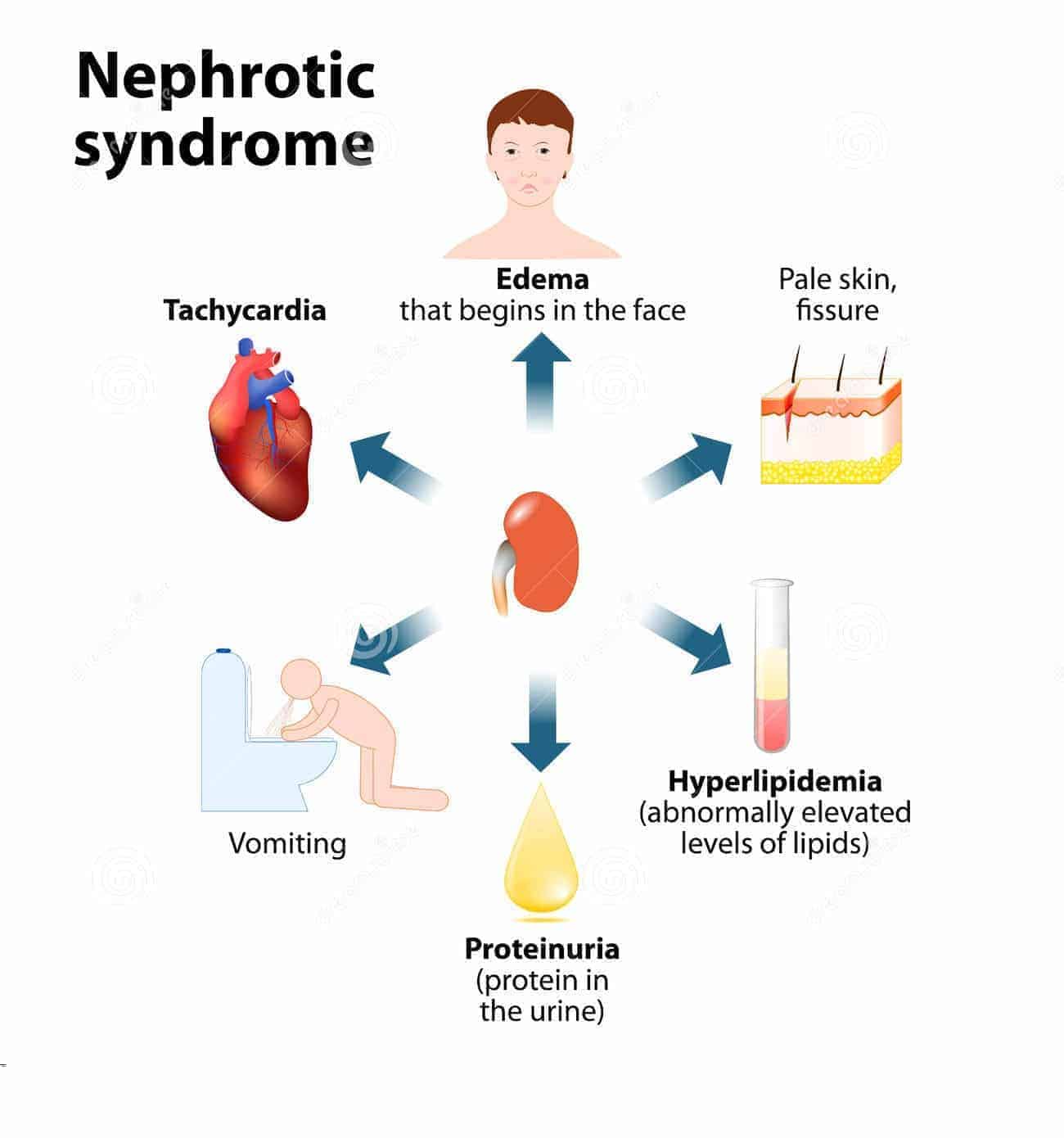
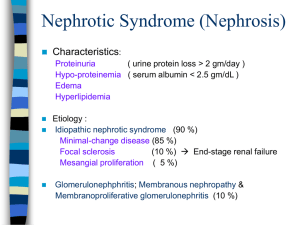




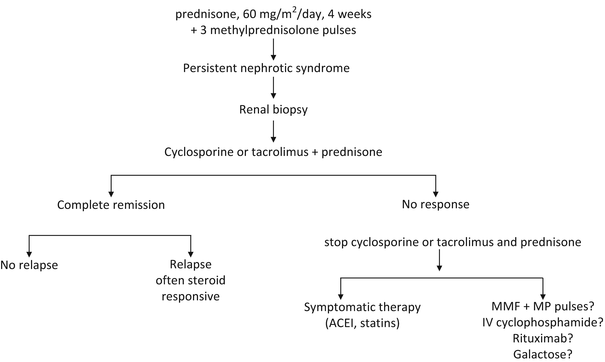
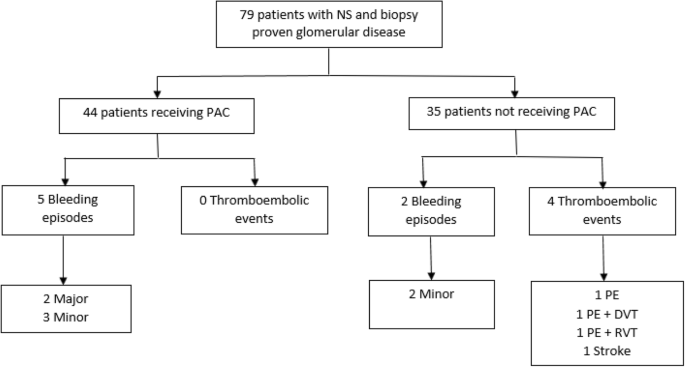


Post a Comment for "Hypercoagulability In Nephrotic Syndrome"